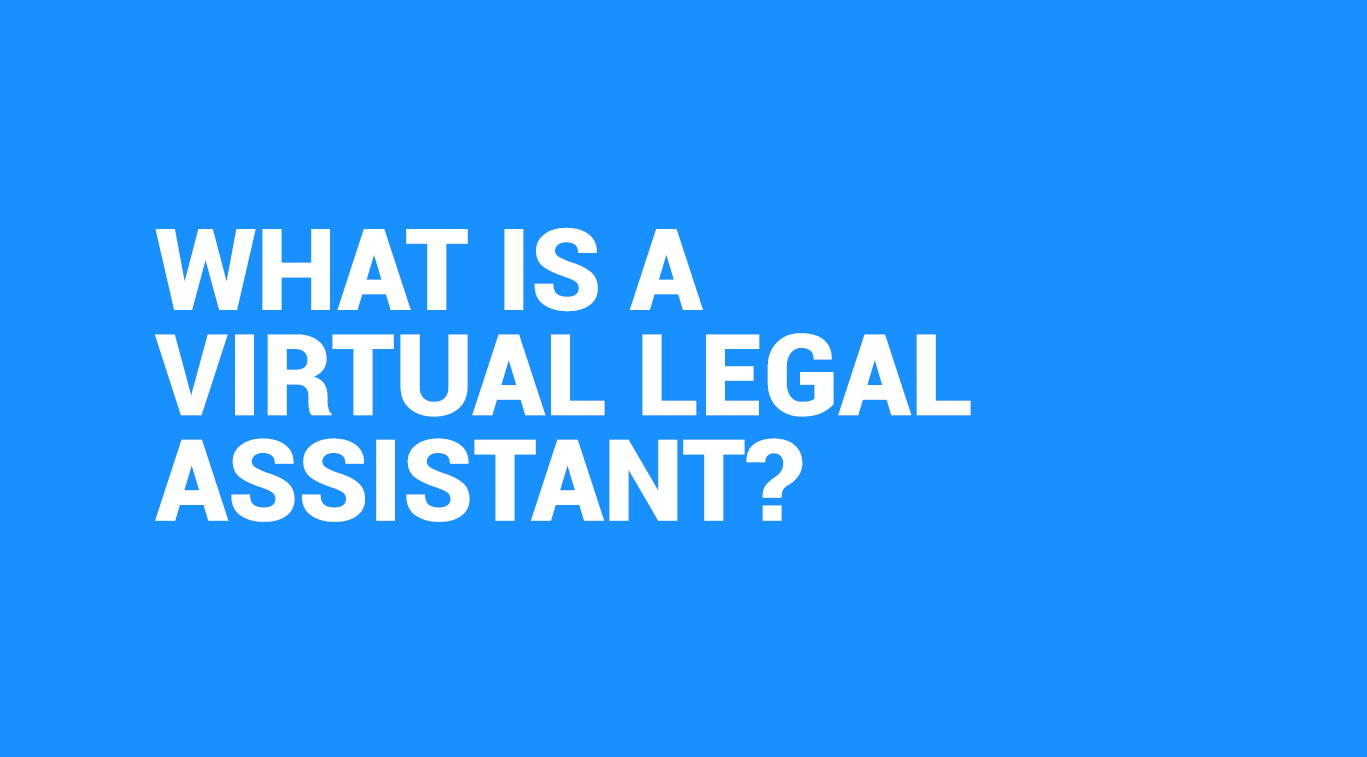Some Uses of Blockchain in the Legal Industry

Written by Ginevra Tortora
Blogger

What is blockchain?
At its simplest, blockchain involves recording information in a way that creates trust in the information recorded. Blockchain software synchronizes data stored and distributed amongst peers on all the computers on servers (“nodes”) participating in a particular network. This allows for multiple records of identical data. Trust is created because all the nodes in the network control, check, and consent to any additions or changes to what is recorded. Blockchain can be used for record-keeping, transferring value (via cryptocurrencies or otherwise), and smart contracts to automatically execute a transaction when one or more preconditions are met. Once stored on the blockchain, the data cannot be manipulated or changed – it is immutable. Every block contains a unique summary of the previous block in the form of a secure hash value, similar to how jigsaw puzzle pieces fit together. And because each block is connected, the timing, order, and content of transactions cannot be altered, and blocks cannot be replaced unless all the nodes agree with the proposed change. [2]
Recording Value Exchange
Recently, we’ve seen the uptake of Bitcoin and many altcoins. Whilst a lot of the price movement of these tokens can be attributed to speculation, tokens are also used to exchange value and pay for goods and services. This means a couple of things for legal professionals:
- Lawyers may increasingly deal with disputes involving tokens rather than fiat or other traditional assets.
- . Legal professionals may be asked to accept payment for services provided in tokens. This might come from bitcoin, another altcoin, or even a legal industry-specific token. [3]
Smart Contracts
One of the debates about smart contracts revolves around whether or not they will replace lawyers. Smart contracts are the blockchain’s version of what traditional contracts should be. They are self-executing codes written on the blockchain with the terms of the agreement. A smart contract will be deployed once specific criteria are met. They are autonomous, auto-sufficient, and decentralized without the need for a middleman. So, where does the legal system come to play within intelligent contracts? The legal industry can deploy smart contracts on deals like property management. Once the criteria are met, the contract is deployed, and the landlord and lawyer get paid automatically. Despite being a computer code, lawyers are still needed to write the terms of the agreement.[4]
Intellectual property
A critical blockchain-based innovation impacting intellectual property is non-fungible tokens or NFTs. NFTs are cryptographic tokens that can be used to represent unique properties on a blockchain. NFT standards allow for robust property rights schemes in the digital realm. With blockchain, creators of a product or piece of content can upload, register, and time-stamp their original work on a public ledger to create an undeniable proof of ownership. From there, a blockchain-based IP enforcement system could help creators monitor how and by whom their creations are being used.[5]
Property rights
Blockchain technology enables real estate transactions to use fewer intermediaries; thereby, selling and buying property in a transparent and immutable way can be more efficient. Blockchain-based ledgers offer a new form of property rights management by being able to both time and date stamp and record when the intellectual property (IP) has been lodged/ sent to a third party. ‘Fileprotected’, based in California, is an excellent example of a blockchain platform where owners of IP can register their IP and a history of how, when, and with whom it was shared.[6]
Challenges of Blockchain Technology in the Legal Sector
Blockchain technology offers the legal industry both opportunities and threats. There is undoubtedly considerable work for lawyers advising firms that are now using blockchain technology. To do so, lawyers often need to have a sound appreciation of legal issues and technology.
- the legal industry is complex – because of the importance of evidence and documentation, hard copies can take precedence over digital copies, creating a barrier to greater use of blockchain.
- technological indifference – historically, there has been a lack of investment in technology in the legal industry. In 2019, the law society’s LawTech report showed that interest remained low even with the increase in the use of technology in many sectors. Moreover, legal stakeholders are not in a hurry to adopt any change, with their apprehension appearing to stem from the drawn-out legal proceedings. Although they seem not willing to let this pass, these attitudes would appear to be changing (as highlighted by the PwC 2021 survey mentioned above).
- legal issues –blockchain is a widely accepted technology in many countries, but some still find it hard to trust. The lack of central government and the legal aspect of the decentralized approach presents a challenge in some jurisdictions.
- scalability – this has been cited as a reason why blockchains cannot be used in the legal industry, although as blockchain technology develops, this is becoming less of an issue.[7]
Blockchain is considered disruptive because it is transparent and eliminates the need for intermediaries and other third parties while being safe (in terms of security and trust) and cost-efficient (thanks to disintermediation). However, each of these characteristics is open to challenge – can a network be transparent when its participants hide behind pseudonyms? Until law and regulation catch up, some transactions are impossible without the involvement of a third party to validate or perfect them. Coding flaws may compromise the safety of a blockchain, and cost efficiency is open to question when the volume of computing power used in a highly distributed network is taken into account. [8] Currently, a number of solutions to these issues are being explored to make blockchain even safer and more functional.
[1] Justin Evans, Curb Your Enthusiasm: The Real Implications of Blockchain in the Legal Industry
[2] ‘Blockchain: Legal implications, questions, opportunities and risks ‘, Deloitte Legal, March 2019
[3] ‘What will be the impact of blockchain on the legal industry’? Legal Io, January 15th 2018
[4] Jesus Cadeno, ‘5 Use Cases for Blockchain in the Legal Industry’, 22 July 2020
[5] ‘Blockchain in the Legal Industry’, Consensys
[6] ‘Blockchain technology and its impact on the legal profession’, City A.M., 13 July 2022
[7] Id
[8] (N 2)








